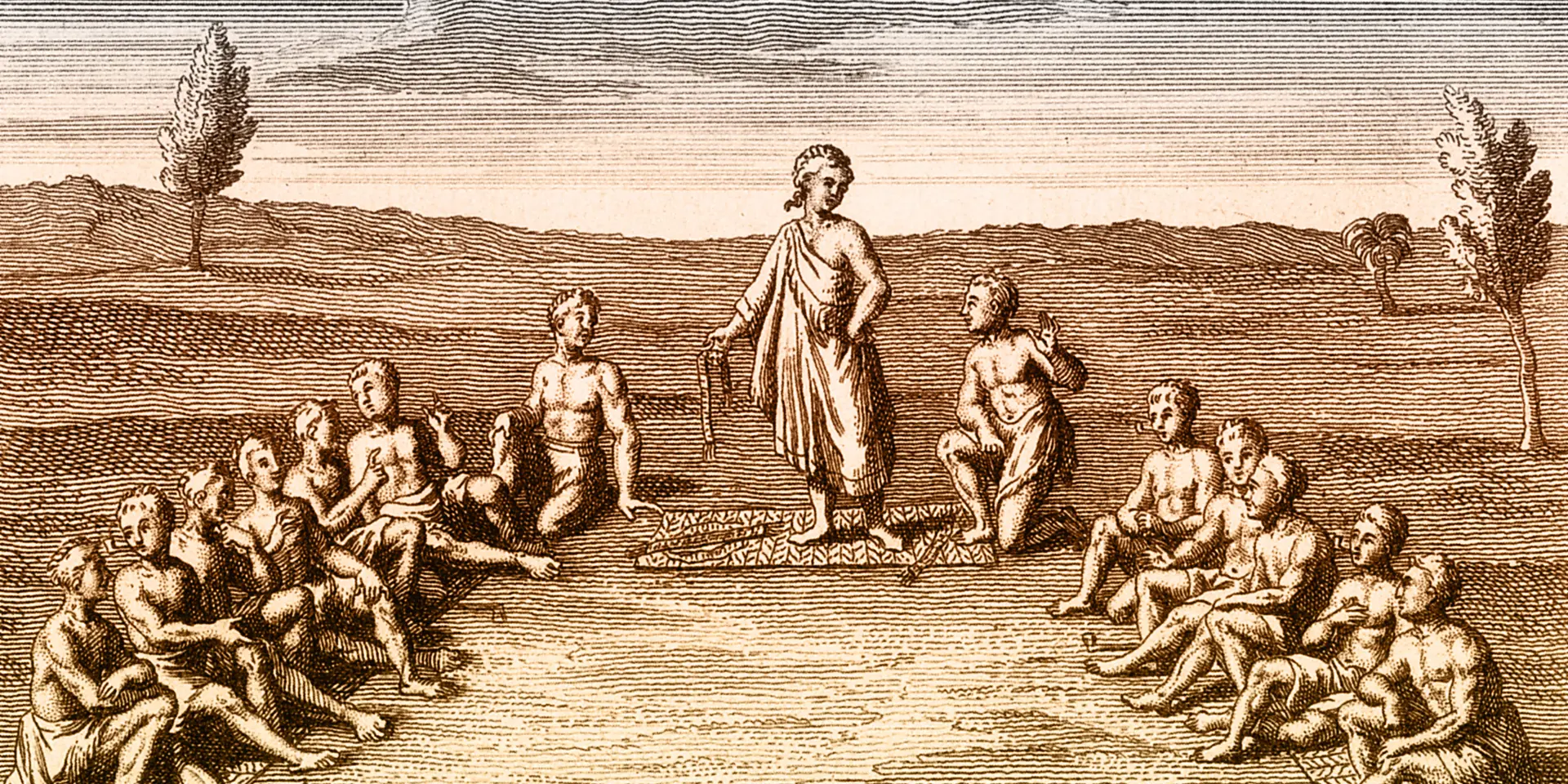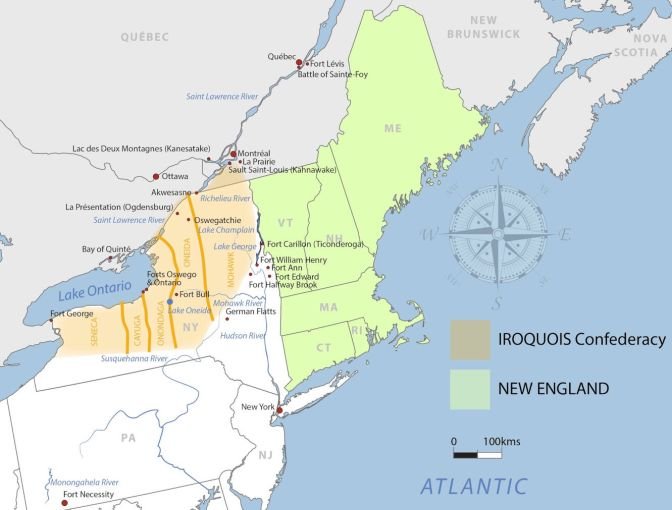Discover the surprising influence of the Iroquois Confederacy on the U.S. Constitution. Explore the connections between Native American governance and early American democracy in this insightful analysis.
When the delegates gathered in 1787 to draft the United States Constitution, they faced a daunting task: crafting a new government without any contemporary European democratic models to guide them. Surprisingly, the most democratic examples they could draw upon came not from Europe, but from the Native American nations they had encountered, particularly the Iroquois Confederacy. This ancient alliance of six nations provided real-life examples of federalism that deeply influenced the framers of the U.S. Constitution.
The Iroquois Confederacy: A Model of Federalism
The Iroquois Confederacy, also known as the Haudenosaunee, was a sophisticated alliance of six nations: the Mohawks, Onondaga, Cayuga, Oneida, Seneca, and later, the Tuscarora. Established centuries before European colonization, this confederacy united these nations under a single, multi-state government while allowing each nation to maintain its autonomy. This balance between unity and individual governance was a principle that the framers of the U.S. Constitution found particularly compelling.

Evidence of Native Influence on the Constitution
Historical records suggest that the framers were well aware of Native American governance. John Adams, in his extensive handbook prepared for the Constitutional Convention, included not only the ideas of European philosophers like John Locke and Montesquieu but also references to the Iroquois Confederacy. Many delegates had personal interactions with Native governments, further deepening their understanding and appreciation of Indigenous political structures.
Kirke Kickingbird, a lawyer and member of the Kiowa Tribe, points out that Native American leaders were often in direct contact with influential figures of the time. For instance, Cherokee chiefs dined with Thomas Jefferson’s father in Williamsburg, and in Philadelphia, the Iroquois had regular interactions with colonial leaders. This proximity made it almost impossible for the framers to be unaware of the sophisticated governance models practiced by Native nations.
Similarities and Differences: Iroquois Confederacy and the U.S. Constitution
While the U.S. Constitution was not a direct copy of the Iroquois Confederacy, it certainly drew inspiration from its principles. The Iroquois system of federalism, where each nation managed its own affairs while uniting for common defense and foreign relations, resonated with the framers. This model provided a tangible example of a functional, decentralized government that upheld the sovereignty of its members—a concept that was crucial to the new American republic.

However, there were clear differences as well. The Iroquois Confederacy was led by hereditary chiefs, a structure the framers deliberately avoided in their design to prevent the rise of a monarchy like that of Britain. Despite these differences, the influence of the Iroquois Confederacy on the foundational ideas of American democracy is undeniable.
Congressional Recognition of the Iroquois Influence
The influence of the Iroquois Confederacy on the U.S. Constitution might have been obscured by the prevailing biases of the time, but it wasn’t forgotten. Benjamin Franklin, in a 1751 letter, noted the effectiveness of the Iroquois Confederacy’s union, remarking on its stability and longevity despite being formed by what he dismissively referred to as “ignorant Savages.” This backhanded acknowledgment underscores the complicated relationship between the colonists and Native Americans, where admiration for their governance existed alongside deep-seated prejudice.

Public recognition of this influence grew around the bicentennial of the Constitution in 1987. Oren Lyons, a Faithkeeper of the Iroquois Confederacy, and scholars like Donald A. Grinde, Jr., brought the issue to the forefront, leading to a significant moment in 1988. That year, Congress passed a resolution formally acknowledging the Iroquois Confederacy’s contribution to the development of the U.S. Constitution and reaffirming the government-to-government relationship between Native nations and the United States.
Conclusion
The Iroquois Confederacy’s influence on the U.S. Constitution is a testament to the complexity and richness of Native American political systems. While often overlooked, this contribution played a crucial role in shaping the principles of federalism and democracy that underpin the United States today. As we reflect on the origins of American democracy, it’s important to acknowledge and honor the Indigenous roots that helped inspire one of the most significant documents in the nation’s history.